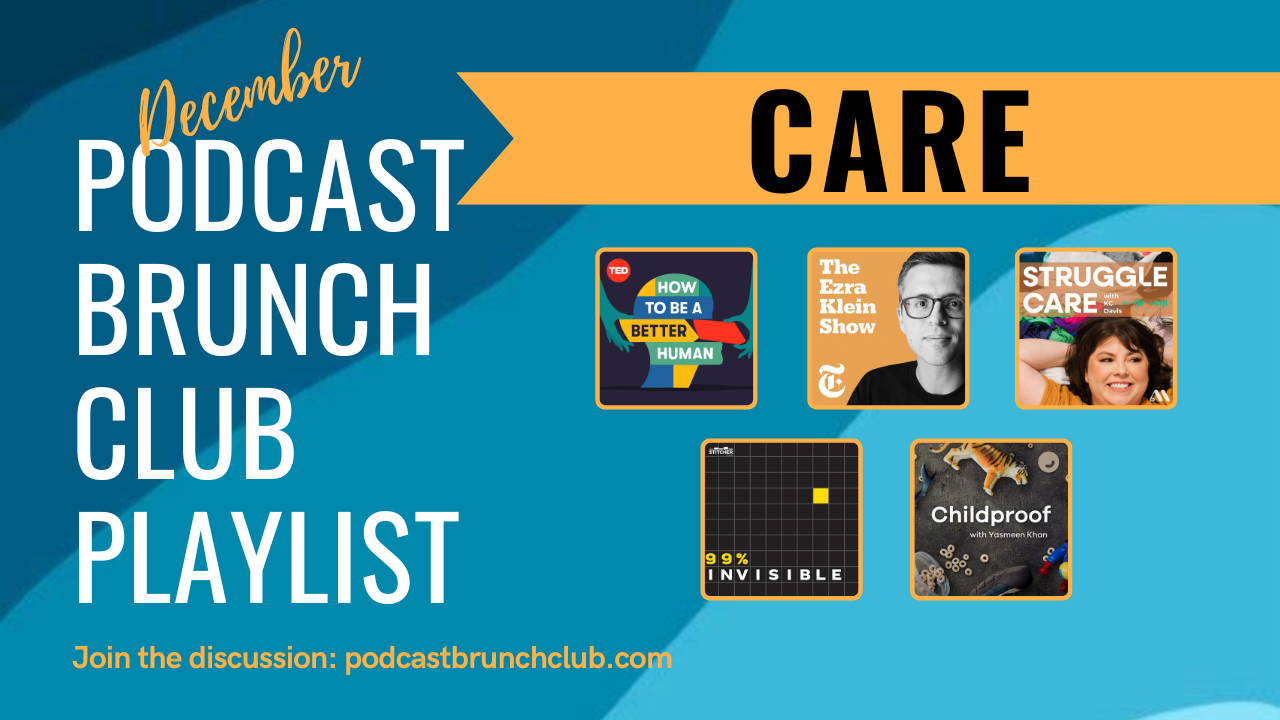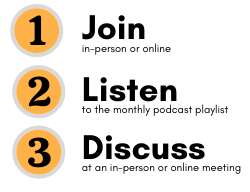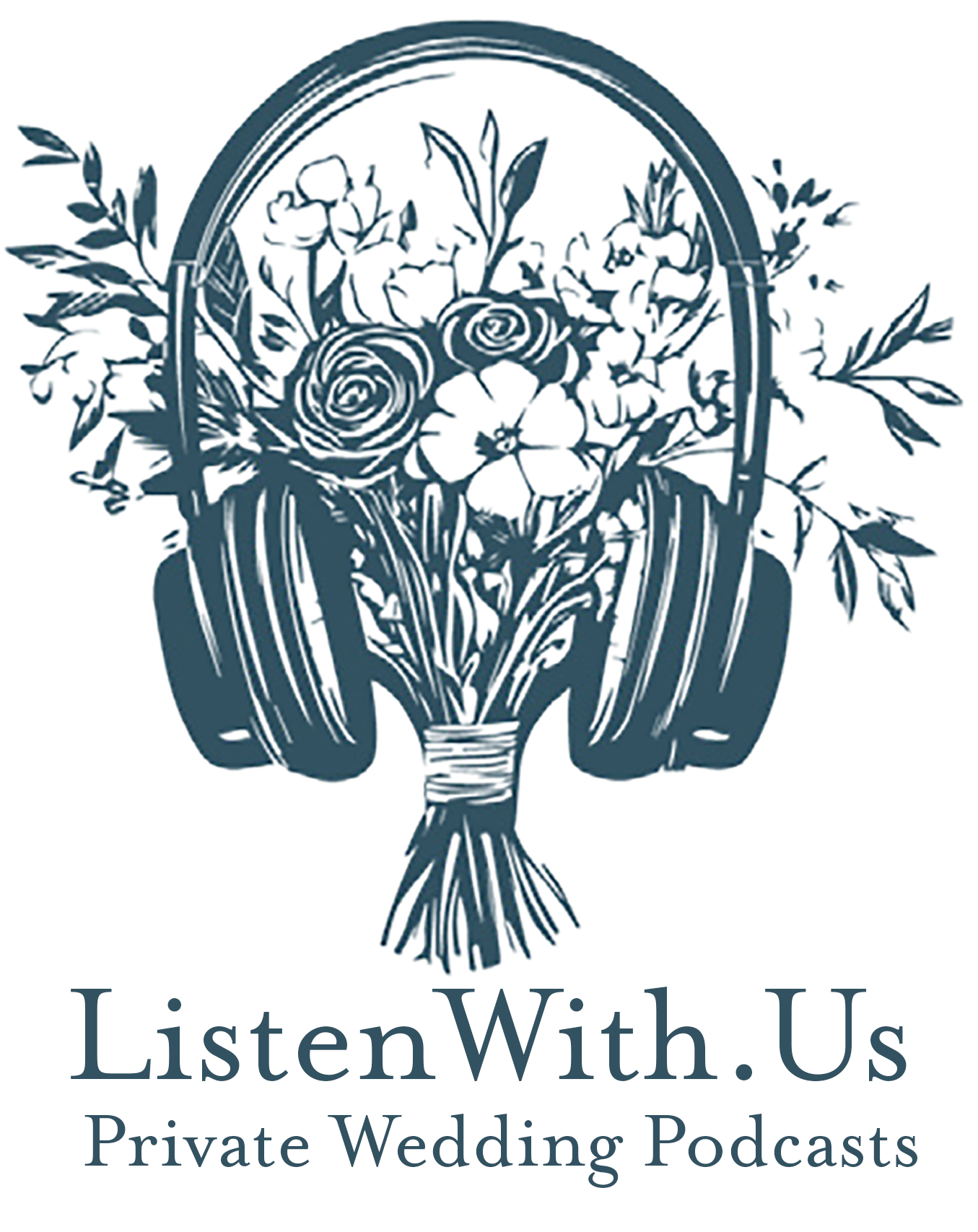CARE: December 2023 podcast playlist


Caring is a multifaceted aspect of human nature that encompasses both self-care and caregiving for others. It involves a delicate balance between nurturing oneself and extending that nurturing spirit to those around us. Self-care is an essential foundation, acknowledging the importance of maintaining our own physical, mental, and emotional well-being. While it can empower us, it has also been commoditized and turned into a marketing tactic. Caregiving, on the other hand, is an essential component of any thriving society, but it has often gone overlooked on un(der)paid. These five episodes spotlight various aspects of care—from self-care to childcare to eldercare to memory care.
This playlist was curated by Sarah Witri, chapter leader of the Baltimore chapter.
Podcast Playlist on CARE
Get the full playlist on your podcast player of choice using these platforms:
| This Month’s Podcast Playlist | Running List of PBC Podcast Playlists |
| Listen Notes | Podchaser | Spotify | Listen Notes | Podchaser | Spotify |


How to Be a Better Human: “How to care for the people who take care of us (w/ Ai-jen Poo)” (January 2023, 39 min)
Activist, and MacArthur Genius, Ai-jen Poo believes that caring for others is one of the fundamental acts that make us human. But from nannies to elder-care workers, house cleaners to living assistants, single parents and beyond, globally, caretakers do not earn fair wages or recognition for their essential, life-giving labor. The President of the National Domestic Workers Alliance, Ai-jen explains how society undervalues domestic work, and provides a framework on how we can start a conversation about the future of care for our loved ones – and ourselves.
The Ezra Klein Show: “Boundaries, Burnout and the ‘Goopification’ of Self-Care” (September 2023, 55 min)
Love it or hate it, self-care has transformed from a radical feminist concept into a multibillion-dollar industry. But the wellness boom doesn’t seem to be making a dent in Americans’ stress levels. In 2021, 34 percent of women reported feeling burned out at work, along with 26 percent of men. This episode discusses how the pandemic opened up a larger conversation about parental burnout; how countries with more robust social safety nets frame care as a right, not a benefit; why it’s fair to understand burnout as a type of societal “betrayal”; how to practice boundary-setting and why it can feel uncomfortable to do so; the convenient allure of “faux self-care”; and more.
Struggle Care: “23: The Color of Care Tasks with Danita Platt” (March 2023, 44 min)
A conversation with Danita Platt, who works in the field of care tasks. The discussion covers how our society over the last two generations has moralized care tasks and tied them to the worth of a woman, why we need to rethink our views about care tasks and “being a good woman” that go back to the founding of the US, how the concept of “invisible labor” has carried over from colonial days even to today, and more…
99% Invisible: “557- Model Village” (October 2023, 36 min)
For decades, society has dealt with people with dementia and other forms of cognitive decline by storing them away in unstimulating, medicalized environments. But around the world, a new architectural movement is starting to challenge that old paradigm. Designing environments where people with dementia can live as normally as possible, until the very end.
Childproof: “The Case For Parenting In Community” (February 2022, 31 min)
When was the last time you asked for help, or accepted it when offered? As parents it’s easy to feel like we’re all furiously rowing in our own boats, doesn’t it? That we’re required to be independent. That having people see us when we’re struggling is a sign of weakness. But the truth is, we need those connections — and that help — from other people. Today we visit a place, and time, when a community of parents felt a shared responsibility to one another. And we talk with Mia Birdsong, author of the book How We Show Up: Reclaiming Family, Friendship, and Community, on how to build meaningful connections with other parents — and remind you why it’s necessary.
Conversation Starter Questions:
- What moments or experiences have had a profound impact on your perspective, either as a caregiver or someone receiving care?
- What practices or rituals do you find most effective in maintaining your own well-being while attending to the needs of others?
- What societal changes or support systems do you believe would enhance the overall experience for both caregivers and those receiving care?
- How do you navigate the different dynamics and expectations associated with caregiving in various contexts?
- Who is expected to engage in care work, and why?
- How do we value the contributions of people doing care work? How should we?
- Has a professional caregiver ever taken care of you or someone in your family? Did any of these episodes spark any thoughts about them and their role in your life?
- What does good care look like? What improvements can be made to our current systems of care (or lack thereof)?





